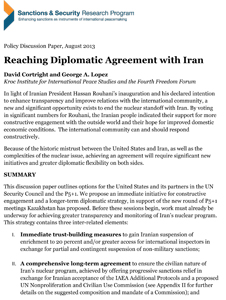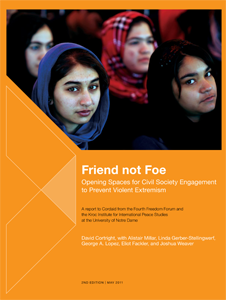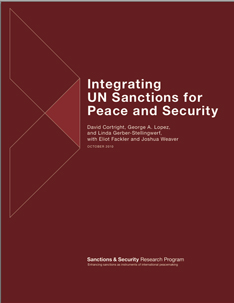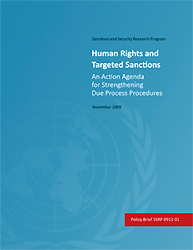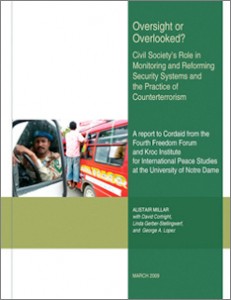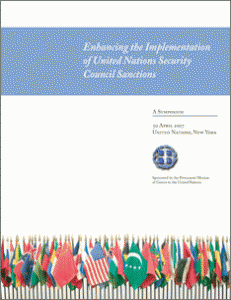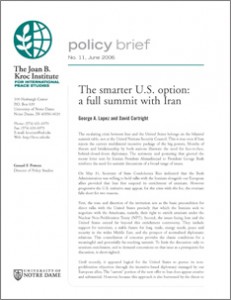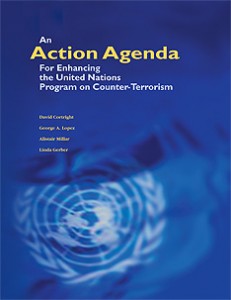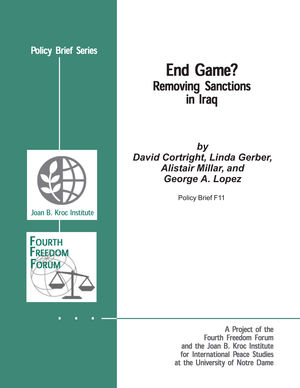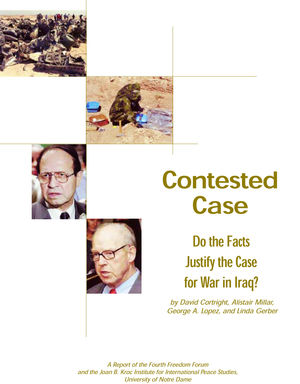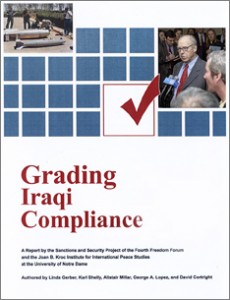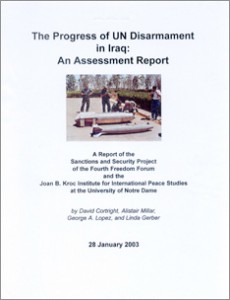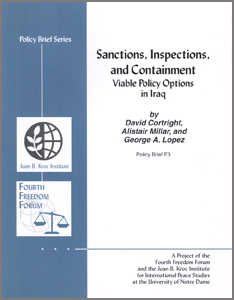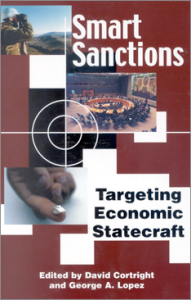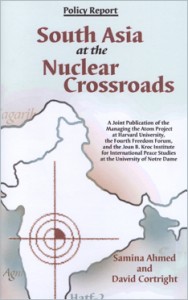Reports
Reaching Diplomatic Agreement with Iran
Falling Short: UN Security Council Delisting Procedural Reforms Before European Courts
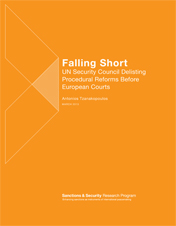
March 2013 - European courts are challenging the domestic implementation of individually targeted UN anti-terrorism sanctions established by Security Council Resolution 1267. The Office of the Ombudsperson created by the Council in 2009 provides some legal rights for petitioners seeking to be delisted, but it does not meet the standard of ‘effective judicial protection’ established in European court rulings. This report examines the legal issues surrounding this issue and the implications for European compliance with UN targeted sanctions.
Getting Smarter About Sanctions
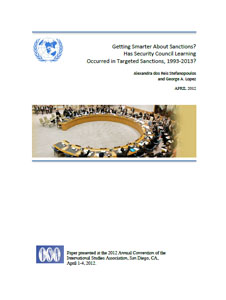
April 2012 - Faced with a global outcry against the cost in human suffering caused by comprehensive sanctions in the early 1900s, the UN Security Council began discussion of the potential of 'targeted' or 'smart' sanctions in 1993. After 1994, every case of Security Council sanctions fit this new format, aimed at applying pressure directly to decision-makers and political leaders while minimizing their impact on the global population. These sanctions were largely coercive in nature, and were perceived by a number of states as being cumbersome and punitive.
Friend not Foe: Opening Spaces for Civil Society Engagement to Prevent Violent Extremism
Integrating UN Sanctions for Peace and Security
Human Rights Standards for Targeted Sanctions
Oversight or Overlooked? Civil Society’s Role in Monitoring and Reforming Security Systems and the Practice of Counterterrorism
Enhancing the Implementation of United Nations Security Council Sanctions
The Smarter U.S. Option: A Full Summit with Iran
An Action Agenda for Enhancing the United Nations Program on Counter-Terrorism
The End Game: Removing Sanctions in Iraq
Contested Case: Do the Facts Justify the Case for War in Iraq?
Grading Iraqi Compliance
The Progress of UN Disarmament in Iraq: An Assessment Report
Sanctions, Inspections and Containment: Viable Policy Options in Iraq
Sanctions Sans Commitment: An Assessment of UN Arms Embargoes
April 2002 – Arms embargoes are the most frequently employed form of economic sanction and a potentially powerful instrument of UN peace- and security-building. By denying aggressors and human rights abusers the implements of war and repression, arms embargoes contribute…
Refinement and Reform in UN Sanctions: The State of the Art
November 2001 – The Security Council has significantly improved UN sanctions policy in recent years. Most notable have been steps toward sharpening sanctions design, applying more targeted measures called ‘smart sanctions,’ strengthening monitoring and enforcement,…
Smart Sanctions: Restructuring UN Policy in Iraq
South Asia at the Nuclear Crossroads
Positive Inducements in International Statecraft
May 2000 – The paper contains a review of case studies and empirical research examining the ways in which positive inducements shape…
Morbidity and Mortality among Iraqi Children from 1990 to 1998
March 1999 – Sustained increases in young child mortality are extremely rare. In Iraq, there have been many reports suggesting a rise in rates of death and disease since the Gulf War of January/February 1991 and the economic sanctions that followed it and continue to this…
Toward a More Humane and Effective Sanctions Management
February 1998 – This report was commissioned by the United Nations Department of Humanitarian Affairs to provide a multifaceted research review of the impact of multilateral sanctions, including the development of a methodology for data gathering and assessing such impact that…
Pakistan's Nuclear Choices
November 1997 This report is the result of the most comprehensive independent investigation ever conducted of Pakistani attitudes toward nuclear weapons. Based on more than 900 30-minute interviews with educated professionals in eight Pakistani cities, it provides candid evidence…
Humanitarian Sanctions? The Moral and Political Issues
October 1995 – This report summarizes some key human rights principles that apply to economic sanctions. The principles include the necessity of avoiding harm to innocent and vulnerable populations, the importance of targeting pressures against decision-making elites who…
A Study of India's Nuclear Choices
November 1994 – This study summarizes the results of a 1994 survey of approximately 1,000 educated Indian elites on attitudes toward nuclear weapons policy. The survey results showed broad support for Indian government policy at the time, which consisted of neither confirming…

